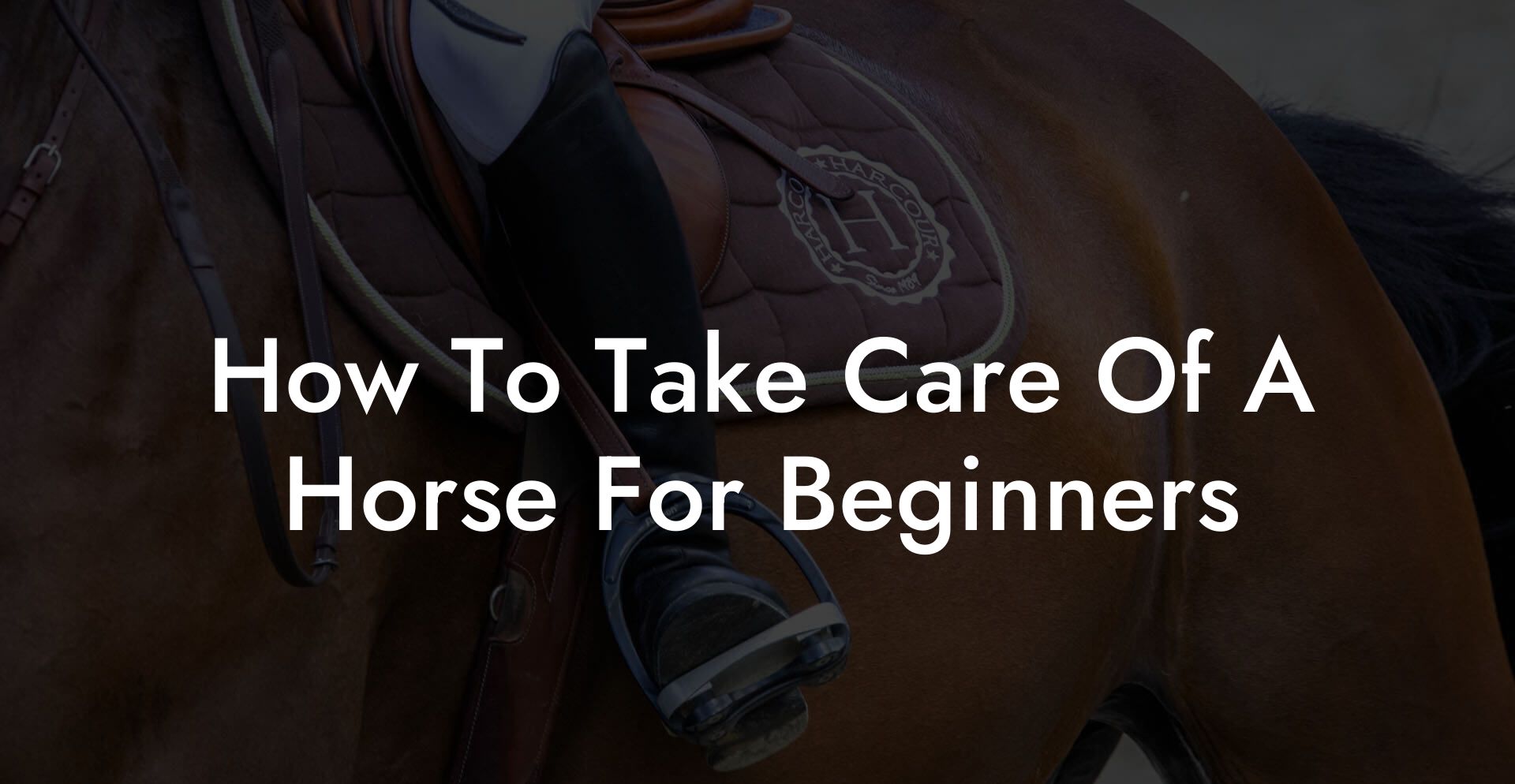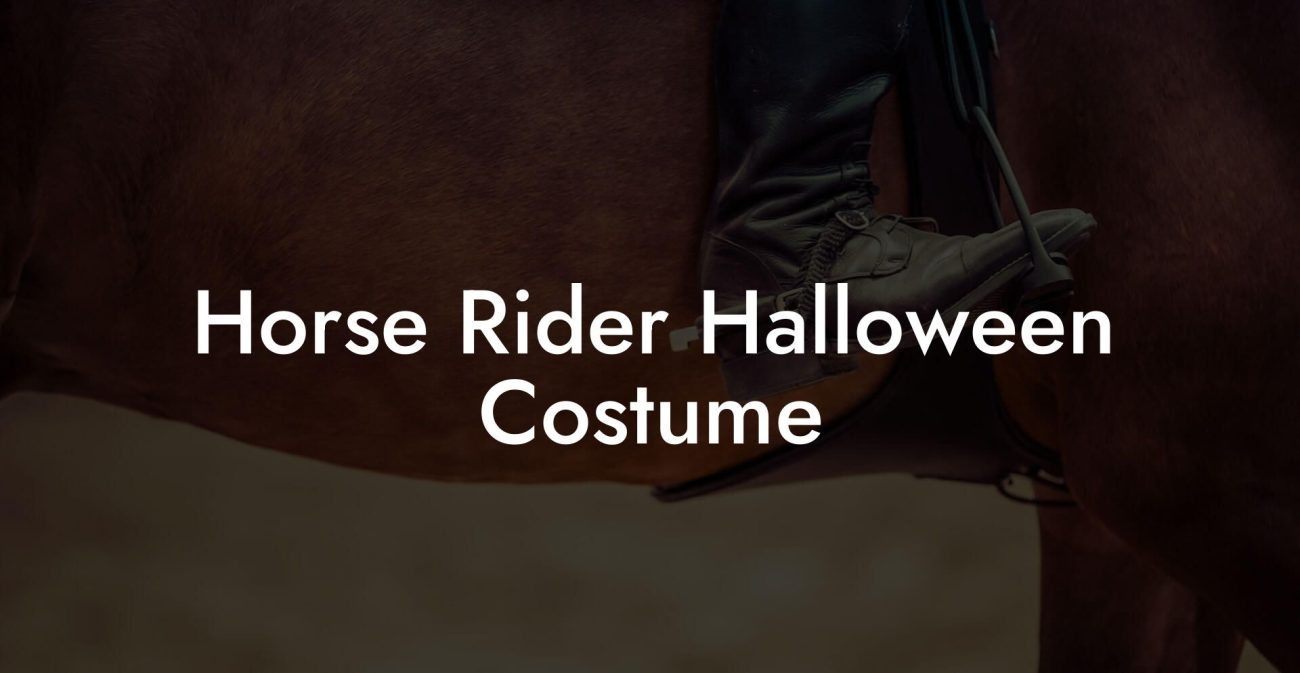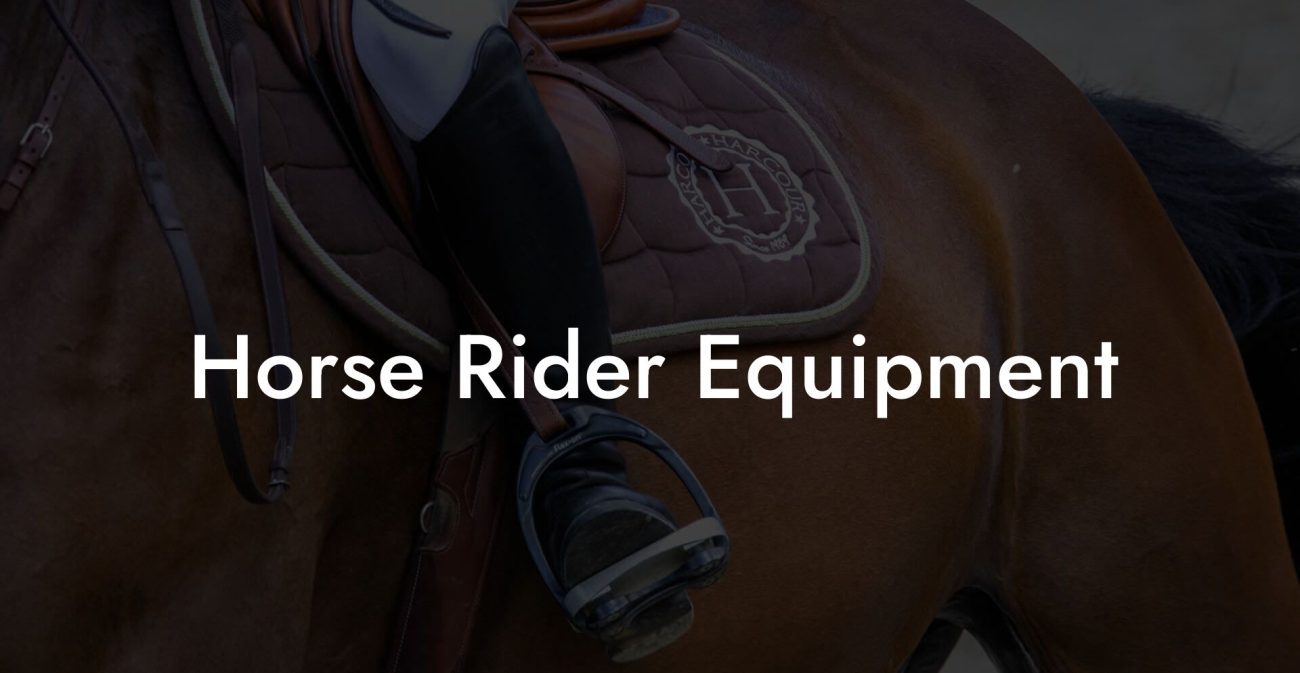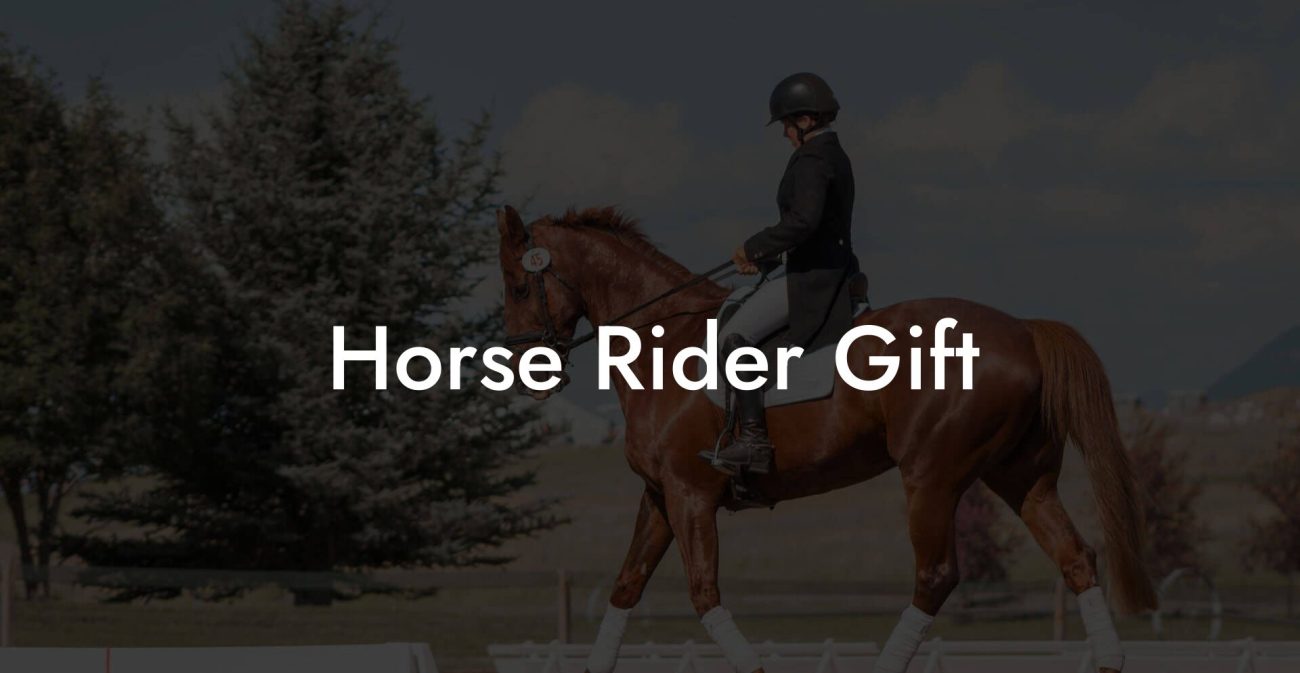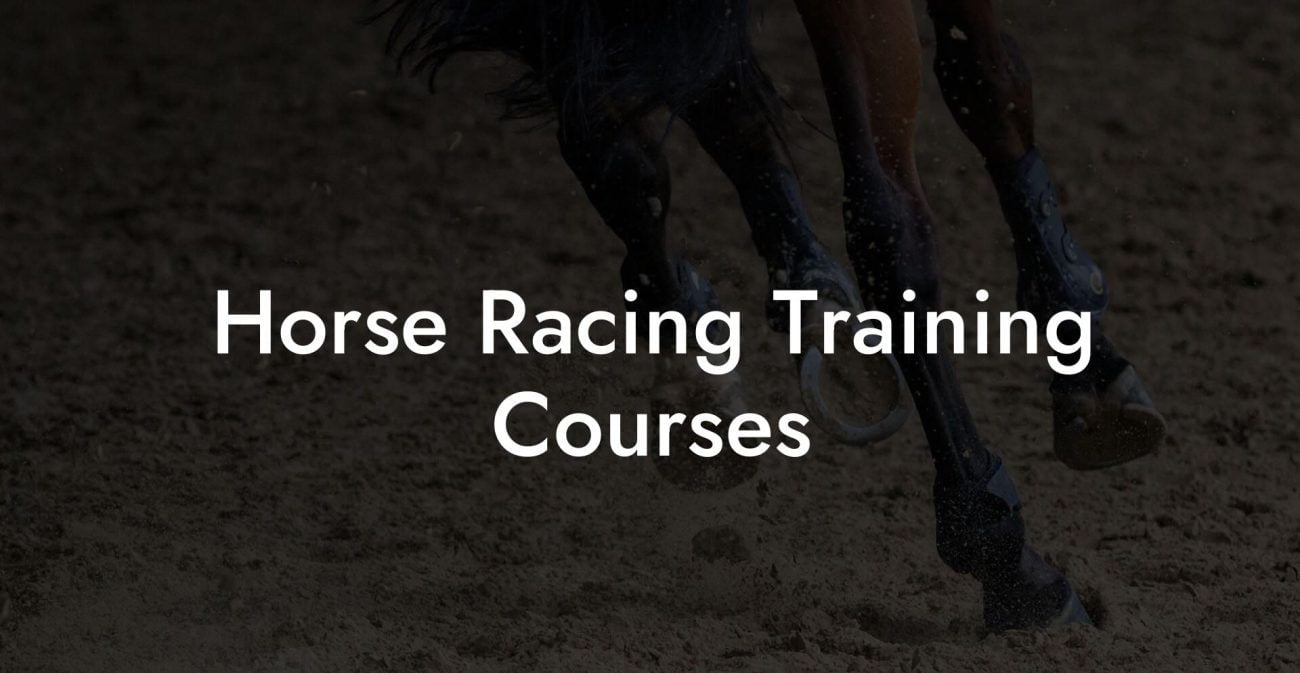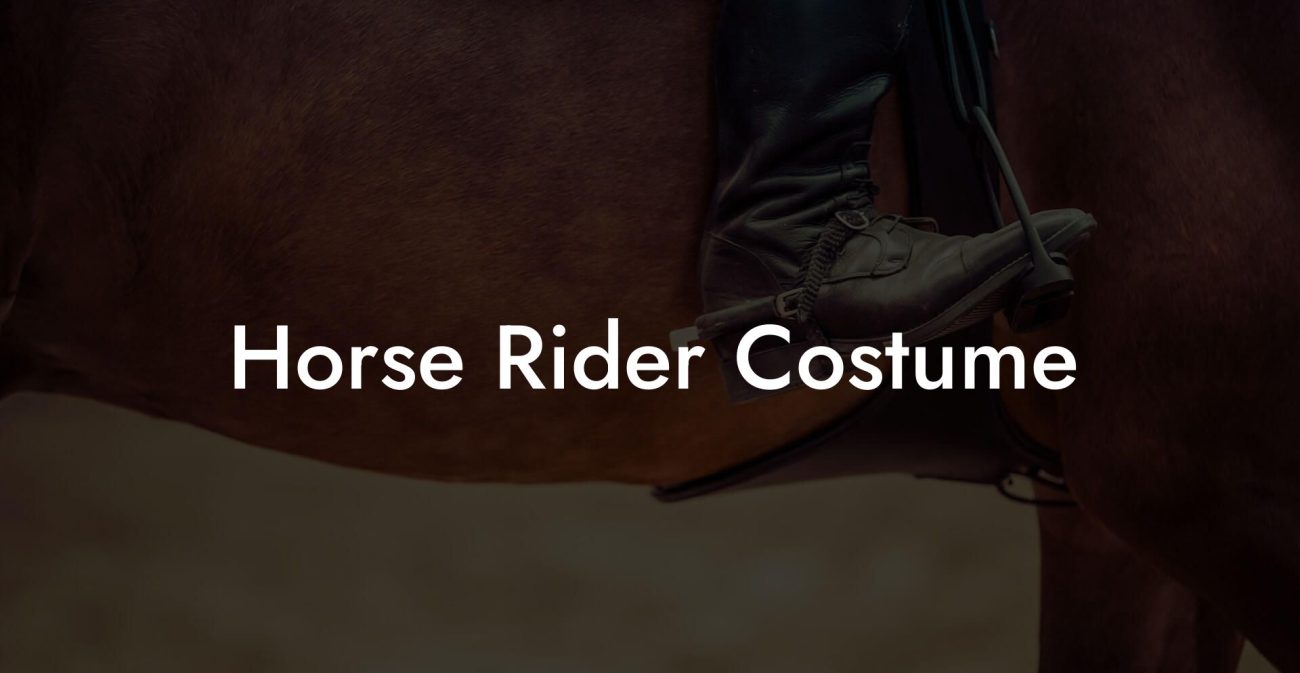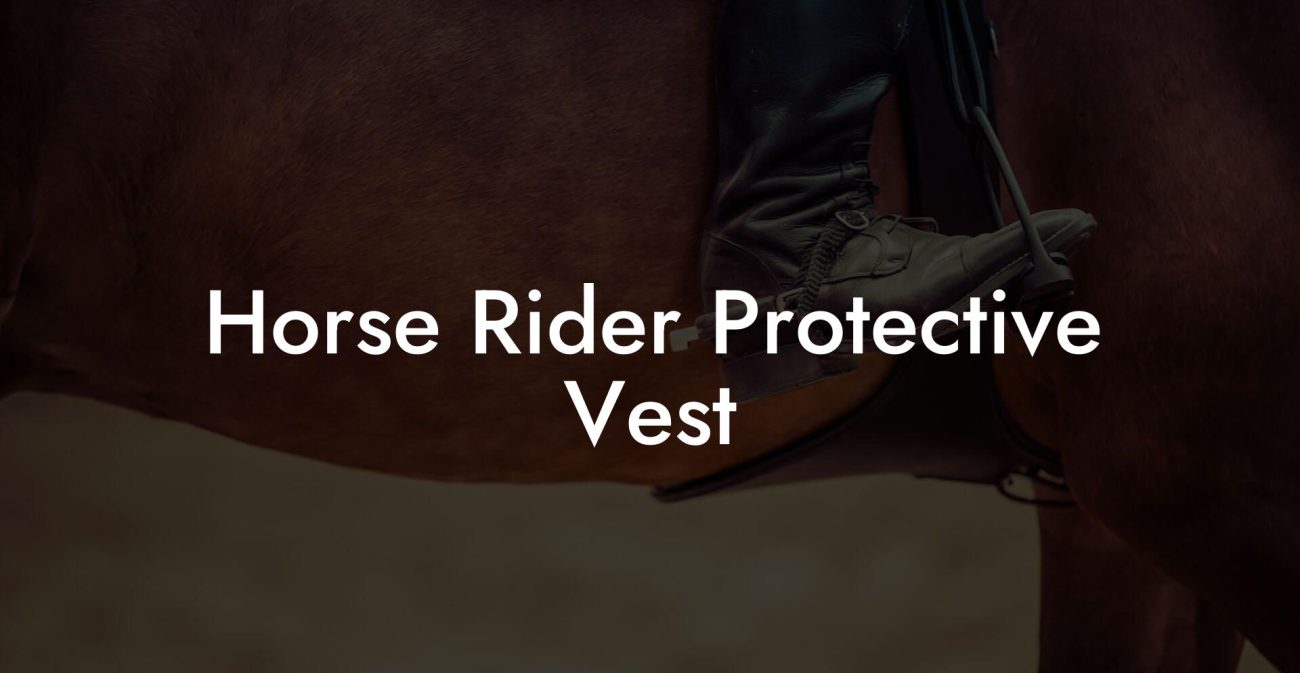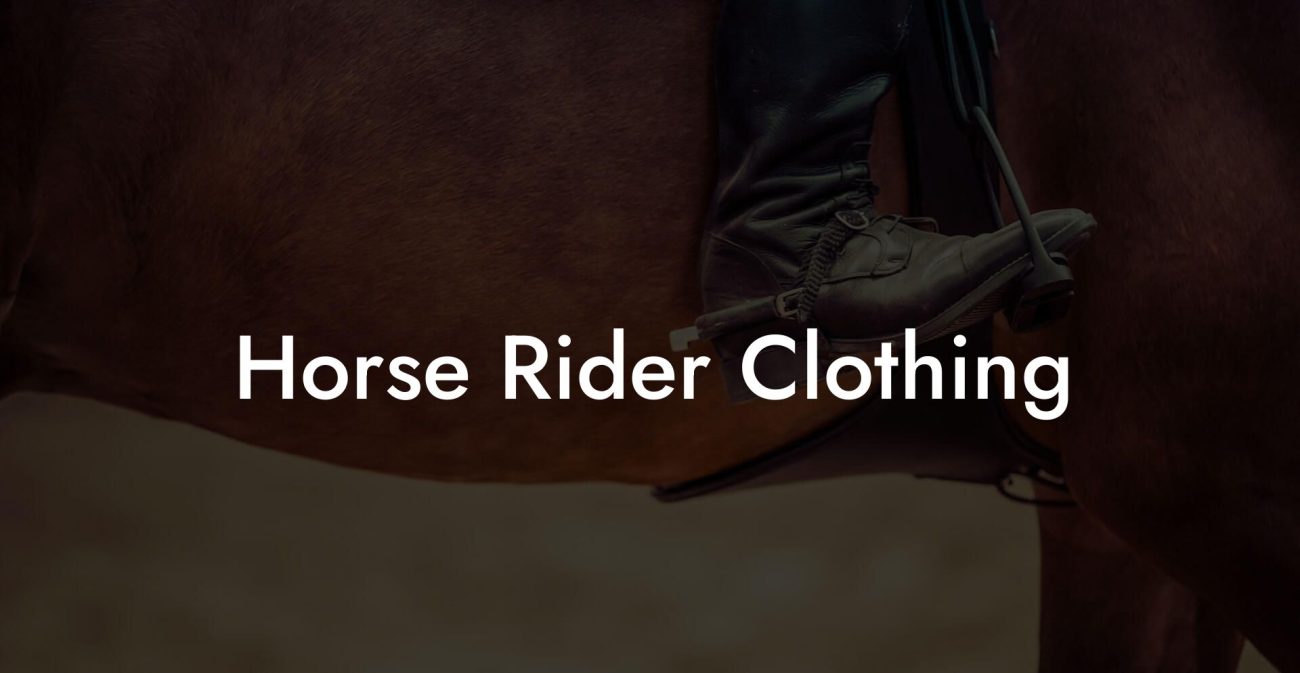Ever wondered how to turn your horses into the coolest, healthiest pals on the block? Whether you've just stepped into your first stable or you're diving hoof-first into the world of equine care, this guide is your ultimate cheat-sheet to navigating the sometimes wild, often rewarding journey of taking care of a horse. From grooming and nutrition to stable management and riding safety, prepare to empower your inner equestrian with practical, down-to-earth tips peppered with a dash of humor and a whole lot of love for our four-legged friends.
Quick Links to Useful Sections
- The Foundations of Equine Care: Understanding Your Majestic Companion
- Equine Nutrition 101: Fueling Your Horse for Optimal health
- Forage and Hay: The Heart of Equine Nutrition
- Grains and Supplements: Filling in the Gaps
- The Art and Science of Grooming: Keeping Your Horse Shiny and Happy
- Tools of the Trade
- Step-by-Step Grooming Routine
- Exercise and Mental Stimulation: Keeping Your Horse Fit and Fun
- Trail Rides: The Ultimate Escape
- Arena Work and Ground Exercises
- Mental Stimulation Through Interaction
- Stable Management and Environmental Care: Creating a Safe Haven
- Cleanliness is Next to Equine Happiness
- Safe and Functional equipment
- Pasture Rotation and Weed Management
- Health Care Essentials: Vaccinations, Deworming, and Veterinary Tips
- Vaccinations: Shielding Against Common Equine Diseases
- Deworming Programs: Keeping Parasites at Bay
- Regular Health Checks and Emergency Preparedness
- Riding Safety and Training Tips for Beginners
- Essential Riding Gear
- Learning the Basics of Riding
- Practice, Patience, and Progression
- Common Challenges in Horse Care (And How to Overcome Them)
- Behavioral Issues: Tackling the Headstrong Spirit
- Health Setbacks: Recognizing and Responding to Early Signs
- Managing Time and Resources
- Resources and Community Support: Your Next Steps
- Online Communities and Forums
- Local Clubs and Riding Schools
- Veterinary and Equine Care Resources
- Advanced Tips and Tricks: Elevating Your Horse Care Game
- Natural Remedies and Holistic Approaches
- High-Tech Tools for Modern Horse Care
- Customizing Care for Your Unique Equine Friend
- Your Journey to Confident and Compassionate Horse Care
- Frequently Asked Questions About Horse Care for Beginners
- Embracing the Equine Lifestyle: Take Charge of Your Journey
The Foundations of Equine Care: Understanding Your Majestic Companion
Before you start doling out carrots and polishing those hooves, it’s essential to get to know the animal you’ll be caring for. Horses are much more than large, majestic animals, they’re intelligent, social beings with unique temperaments, instincts, and needs. Whether your horse is a spirited thoroughbred or a laid-back quarter horse, understanding their behavior and natural instincts forms the first pillar of effective horse care.
The journey begins with knowing the basics: horses are herd animals with a strong sense of hierarchy, and they rely heavily on social interactions. They crave attention, structure, and routine. For beginners, this means taking time to observe your horse’s body language, learning to interpret their signals, and establishing a mutual trust that will form the basis of your relationship.
Keywords: horse care for beginners, equine behavior, horse personality, understanding horses.
Equine Nutrition 101: Fueling Your Horse for Optimal health
Just like you wouldn’t run your smartphone off low battery, neither should your horse be forced to operate on an empty tank. Nutrition plays a critical role in the overall health and performance of your equine partner. A balanced diet tailored to the specific needs of your horse can make all the difference.
The cornerstone of a healthy equine diet is forage. High-quality hay and access to fresh grass are the primary sources of fiber and essential nutrients. Forage should constitute the bulk of your horse’s diet, complementing better-than-expected grazing times with nutritional needs met throughout the year.
Forage and Hay: The Heart of Equine Nutrition
The type of hay you select, be it timothy, alfalfa, or Bermuda, depends on your horse's age, workload, and specific needs. Younger or highly active horses may require richer hay, whereas older or less active horses might do best with more fibrous, lower-calorie options. Always ensure that hay is stored properly to avoid issues such as mold or dust, which can lead to respiratory problems.
Grains and Supplements: Filling in the Gaps
In addition to quality forage, some horses benefit from specially formulated grains and nutritional supplements. These often contain vitamins, minerals, and sometimes fats that support energy levels. However, it's important to consult with your veterinarian or an equine nutritionist before making significant dietary changes, too much of a good thing can lead to issues like obesity or colic.
Don’t forget fresh, clean water is a non-negotiable part of your horse’s daily routine. Hydration is key to digestion, nutrient absorption, and overall performance. Consider investing in automatic waterers or regularly cleaning water buckets to provide your horse with constant access to clean water.
Keywords: equine nutrition, horse diet, forage, hay, horse supplements, hydration for horses.
The Art and Science of Grooming: Keeping Your Horse Shiny and Happy
There’s something undeniably satisfying about a good groom session, and apart from making your horse look like a million bucks, regular grooming is crucial for their health. Grooming is not just about aesthetics; it’s your prime opportunity to inspect for injuries, monitor skin condition, and even bond with your horse.
Tools of the Trade
First things first: equip yourself with the right tools. A soft curry comb, a stiff bristle brush, mane and tail combs, and hoof picks are all essentials in your grooming arsenal. Each tool plays its role in clearing dirt, stimulating circulation, and keeping your horse’s coat in tip-top shape.
Step-by-Step Grooming Routine
- Pre-Grooming Check: Before you even reach for a comb, give your horse a once-over. Look for any cuts, swelling, or signs of irritation. This regular check-up can catch potential health issues in their nascent stages.
- Curry Comb Magic: Use your curry comb to apply gentle pressure in a circular motion. This helps to loosen dirt and stimulate the skin, preparing it for the next steps.
- Brushing to Perfection: Follow up with a stiff brush to remove the dirt dislodged by the curry comb, and finish with a soft brush for that final, silky touch.
- Hoof Care: Don’t neglect the hooves! Use a hoof pick to carefully remove mud, stones, or debris, preventing potential injuries and infections.
- Mane and Tail: Lightly comb through, detangling knots, and if necessary, trim for a neat appearance. A little conditioner made specifically for equine hair can work wonders too!
Consistency in grooming routines not only keeps your horse healthy but also reinforces the bond between you two, an essential part of any effective horse-care regimen.
Keywords: horse grooming, hoof care, equine grooming tools, manes and tails.
Exercise and Mental Stimulation: Keeping Your Horse Fit and Fun
Horses aren’t couch potatoes, they’re energetic creatures that thrive on physical activity and mental engagement. As a beginner, developing a regular exercise routine is essential for maintaining your horse’s health, preventing behavioral problems, and keeping them mentally sharp.
There are countless ways to exercise your horse, and it’s important to mix it up. From trail rides and arena work to ground exercises, each activity targets a different aspect of physical fitness and mental acuity.
Trail Rides: The Ultimate Escape
A simple trail ride can be both exhilarating and therapeutic. The change of scenery, fresh air, and natural obstacles challenge your horse in a way that barn exercises can’t. For beginners, start with easier, familiar trails before gradually venturing into more demanding terrains.
Arena Work and Ground Exercises
When you don’t have access to an open trail, arena work is a fantastic alternative. Incorporate activities like lunging, pole work, and basic dressage movements to keep your horse agile and responsive. Additionally, ground exercises such as leading, yielding, and obstacle courses are perfect for sharpening your horse’s focus and trust in you.
Mental Stimulation Through Interaction
Mental challenges aren’t exclusive to human brains! Horses benefit immensely from puzzles, social play, and new training routines. Introducing interactive toys or engaging in simple problem-solving games during downtime can help prevent boredom-induced behavioral issues.
Remember, an exercised body and an engaged mind go hand-in-hand in reducing stress and enhancing overall welfare.
Keywords: equine exercise, trail rides, arena work, horse mental stimulation, ground exercises.
Stable Management and Environmental Care: Creating a Safe Haven
A happy horse is a horse with a great home. Whether you have a full-scale stable or a simple pasture, maintaining a clean, safe, and comfortable living environment is key. Effective stable management not only ensures your horse’s physical health but also contributes significantly to their mental well-being.
Cleanliness is Next to Equine Happiness
Your horse’s stall or pasture should be cleaned regularly to minimize the risk of infections, parasites, and respiratory issues. This means removing manure daily, replacing soiled bedding, and ensuring proper ventilation within the barn. Regular cleaning schedules can go a long way in preventing the spread of common equine diseases.
Safe and Functional equipment
From stable doors to water buckets, safety in the stable begins with the equipment itself. Regularly inspect all tools and structures for wear and tear. Ensure that feed and water containers are secure and easy to clean, and that any storage areas are free from hazards that could cause injury.
Pasture Rotation and Weed Management
For those blessed with pasture space, rotating grazing areas helps prevent soil depletion and overgrazing, which ultimately benefits your horse’s diet. Healthy pasture management includes removing invasive weeds, reseeding when necessary, and monitoring for signs of parasitic infestations.
Keywords: stable management, equine environment, pasture care, barn cleanliness, safe horse equipment.
Health Care Essentials: Vaccinations, Deworming, and Veterinary Tips
No matter how much love and care you invest in your horse, professional veterinary care remains a cornerstone of long-term equine well-being. Regular check-ups, vaccinations, and deworming schedules are all necessary components of a proactive health care plan.
Vaccinations: Shielding Against Common Equine Diseases
Staying up-to-date with vaccinations is crucial to prevent serious diseases such as tetanus, influenza, and West Nile virus. Work in tandem with your veterinarian to set up a vaccination schedule that fits your horse’s unique health profile.
Deworming Programs: Keeping Parasites at Bay
Internal parasites can negatively impact your horse’s digestion and general health. Implement a deworming schedule based on seasonal parasite patterns and fecal egg counts, and always consult with your vet to tailor the program to your horse’s needs.
Regular Health Checks and Emergency Preparedness
Learn the basics of equine first aid and keep a well-stocked equine first aid kit on hand. Familiarize yourself with signs of common issues, such as lameness or colic, so that you can address them promptly and effectively. Regular veterinary visits are your best defense against unforeseen health concerns.
Keywords: equine vaccinations, horse deworming, veterinary care for horses, equine first aid.
Riding Safety and Training Tips for Beginners
Whether you plan to ride competitively or just for pleasure, riding safety is non-negotiable. Handling a horse can be as thrilling as it is challenging, so equipping yourself with the right training and safety gear is key.
Essential Riding Gear
Start with the basics: a well-fitted helmet, appropriate riding boots with proper ankle support, and comfortable riding attire. These pieces not only protect you in case of a fall but also enhance your riding experience by providing added stability and confidence.
Learning the Basics of Riding
Begin with the fundamentals. Take lessons from a qualified instructor who not only teaches you the mechanics of riding but also how to understand and communicate with your horse. The more you know about your horse’s body language and behavior, the safer your riding sessions will be.
Practice, Patience, and Progression
Remember that even professional riders had to start somewhere. It’s perfectly normal to feel clumsy or unsure in the saddle at first. Regular practice, supported by a patient guidance from experienced trainers, will gradually build your skillset and boost your confidence.
Keywords: riding safety, horse riding tips, beginner riding, essential equestrian gear, riding training.
Common Challenges in Horse Care (And How to Overcome Them)
Let’s face it, no journey is without bumps (or the occasional buck) in the road. From behavioral quirks to health mishaps, horse care comes with its own set of challenges. But here’s the good news: a proactive approach and a can-do attitude can turn obstacles into opportunities.
Behavioral Issues: Tackling the Headstrong Spirit
Every horse has its personality, and sometimes that means dealing with stubborn behavior or anxiety. Whether it’s reluctance to load into trailers or bouts of spooking at unfamiliar sounds, patience and consistency are your best allies. Reward-based training and desensitization techniques can gradually help your horse overcome these hurdles.
Health Setbacks: Recognizing and Responding to Early Signs
Colic, laminitis, and respiratory issues are just a few of the challenges you might face. The key is vigilance: know your horse’s normal behavior and routine, so any deviation can be spotted early. When symptoms arise, swift consultation with a veterinarian can often prevent serious complications.
Managing Time and Resources
Caring for a horse is a full-time commitment that challenges your time management skills and budget. Balancing work, training sessions, and stable chores requires planning and sometimes creative scheduling. Reach out to local equine communities and online forums, often, other horse enthusiasts can offer invaluable advice and support.
Keywords: common challenges in horse care, equine behavior issues, horse health setbacks, overcoming equine challenges.
Resources and Community Support: Your Next Steps
Navigating the world of horse care is easier when you’re not riding solo. Whether through online forums, local clubs, or social media groups, connecting with fellow horse lovers can provide invaluable insights, emotional support, and practical tips.
Online Communities and Forums
The internet is teeming with passionate equestrians willing to share their experiences. Platforms like Reddit’s r/equestrian, Facebook groups, and specialized equine care blogs are excellent places to ask questions, share stories, and learn from experts.
Local Clubs and Riding Schools
Consider joining a local riding club or enrolling in lessons at a reputable riding school. Not only will you improve your riding and horse care skills, but you’ll also build a network of friends who share your passion.
Veterinary and Equine Care Resources
Don’t hesitate to seek guidance from professionals. Your veterinarian, farrier, or an equine nutritionist can offer advice tailored to your horse’s unique needs. Many universities and agricultural extensions also have free online resources and seminars that cover the latest research in equine care.
Keywords: equine community, horse care support, local riding schools, online equestrian forums, equine care resources.
Advanced Tips and Tricks: Elevating Your Horse Care Game
As you grow more comfortable with the basics, why not take your horse care skills to the next level? Here are some advanced tips that are bound to impress your barn mates and, more importantly, boost your horse’s overall well-being.
Natural Remedies and Holistic Approaches
Many horse owners swear by natural remedies to support joint health, soothe digestive issues, and even calm an anxious horse. Herbs like chamomile, ginger, and garlic have been traditionally used in equine care, and modern research is starting to shed light on their benefits. Always consult a vet before making changes to your horse’s regimen.
High-Tech Tools for Modern Horse Care
In a world dominated by technology, why not take advantage of modern advancements in equine care? From wearable health trackers that monitor your horse’s activity to mobile apps that help manage feeding and exercise schedules, integrating technology can bring data-driven insights to your everyday routine.
Customizing Care for Your Unique Equine Friend
No two horses are alike. As you gain experience, you’ll pick up on those subtle nuances that make your horse unique. Develop a customized care plan that respects their individual temperament, physical needs, and lifestyle. This tailored approach not only strengthens your bond but guarantees that every aspect of their care is optimized.
Keywords: advanced horse care, holistic equine care, natural remedies for horses, equine technology, personalized horse care.
Your Journey to Confident and Compassionate Horse Care
Embracing the world of horse care is like embarking on an ever-unfolding adventure, one where every brush stroke, every trail ride, and every moment spent understanding your horse brings you closer to becoming the best caretaker you can be. It’s a journey that requires commitment, curiosity, and a willingness to learn from every hoof beat along the way.
Remember, the techniques and tips shared here aren’t just about routines, they’re about building a relationship rooted in trust, respect, and mutual well-being. Your horse is your partner in this journey, and every day together is an opportunity to grow, explore, and thrive.
Whether you’re aiming to win a local show, simply enjoy quiet sunset rides, or transform your backyard into a haven for horses, each step you take is a victory. Keep experimenting, cherish both the successes and the stumbles, and celebrate the unique journey that unfolds with every new day.
As you build your repertoire of horse care skills and knowledge, don’t forget to share your experiences with fellow equestrians. Your insights might just become the inspiration someone else needs to start their own journey toward confident, compassionate horse care.
Frequently Asked Questions About Horse Care for Beginners
Explore some of the most common questions asked by new horse owners, along with insightful answers that will help you navigate the world of equine care with confidence.
1. What are the first steps I should take when caring for my first horse?
Start by learning about your horse’s specific needs, including nutrition, grooming, and general behavior. Developing a consistent routine, investing in quality equipment, and finding a reliable veterinarian or equine specialist is key to ensuring a strong foundation in care.
2. How can I ensure my horse is getting proper nutrition?
A balanced diet based on quality forage, supplemented with appropriate grains and fresh water, is essential. Consult an equine nutritionist or veterinarian to create a diet plan tailored to your horse’s age, activity level, and health status.
3. What is the best way to groom my horse?
Begin with a quick physical check for any injuries, then use a curry comb followed by a stiff brush to remove dirt and loose hair. Don’t forget to clean the hooves and untangle the mane and tail. Regular grooming not only keeps your horse looking great but also fosters a deeper bond.
4. How do I create a safe environment in the stable?
Regular cleaning, proper ventilation, and safe, well-maintained equipment are essential. Ensure that your horse’s stall or pasture is free from hazardous debris and that feed and water containers are cleaned regularly. Maintaining a tidy space is key to preventing illness and injuries.
5. What kind of exercise should my horse have daily?
Horses need a mix of activities, including trail rides, arena work, and ground exercises, to stay physically and mentally stimulated. Tailor the exercise to your horse’s age, fitness level, and temperament, and always allow adequate rest between strenuous activities.
6. How do I handle behavioral issues in my horse?
Patience and positive reinforcement are crucial. Understand that horses are sensitive animals; often, behavioral issues arise from stress or a lack of routine. Consistent training, social interaction, and sometimes professional guidance can help mitigate these challenges.
7. When should I consult a veterinarian?
Regular health check-ups are vital, but immediate consultation is recommended if you notice any signs of lameness, unusual behavior, loss of appetite, or respiratory issues. Early detection and treatment can prevent many common equine ailments from developing into serious problems.
8. Can technology help me manage my horse’s care?
Absolutely! Modern tools like health trackers, mobile apps for feeding and exercise management, and digital calendars can make managing your horse’s care more efficient and informed.
Embracing the Equine Lifestyle: Take Charge of Your Journey
The adventure of caring for a horse is as challenging as it is exhilarating. Every brush, every ride, and every heartfelt moment spent in the stables contributes to a journey of growth, learning, and unmatched companionship. As you continue to hone your skills and deepen your connection with your equine friend, remember that real mastery comes with experience, patience, and a willingness to embrace both the chaos and the magic of horse care.
Whether you’re taking your first steps in the barn or you’re already trotting along confidently, let passion and persistence be your guiding stars. The world of equine care is vast, filled with opportunities for learning and laughter, and a community that celebrates every success, no matter how small.
So, gear up with your essentials, create your unique routine, and step into your role as a confident, compassionate horse owner. Your journey to becoming the equine whisperer you’ve always dreamed of is just beginning, savor every moment, and let every hoofbeat carry you closer to that amazing bond!
Keywords: equine lifestyle, horse care journey, confident horse owner, embracing equine life.

